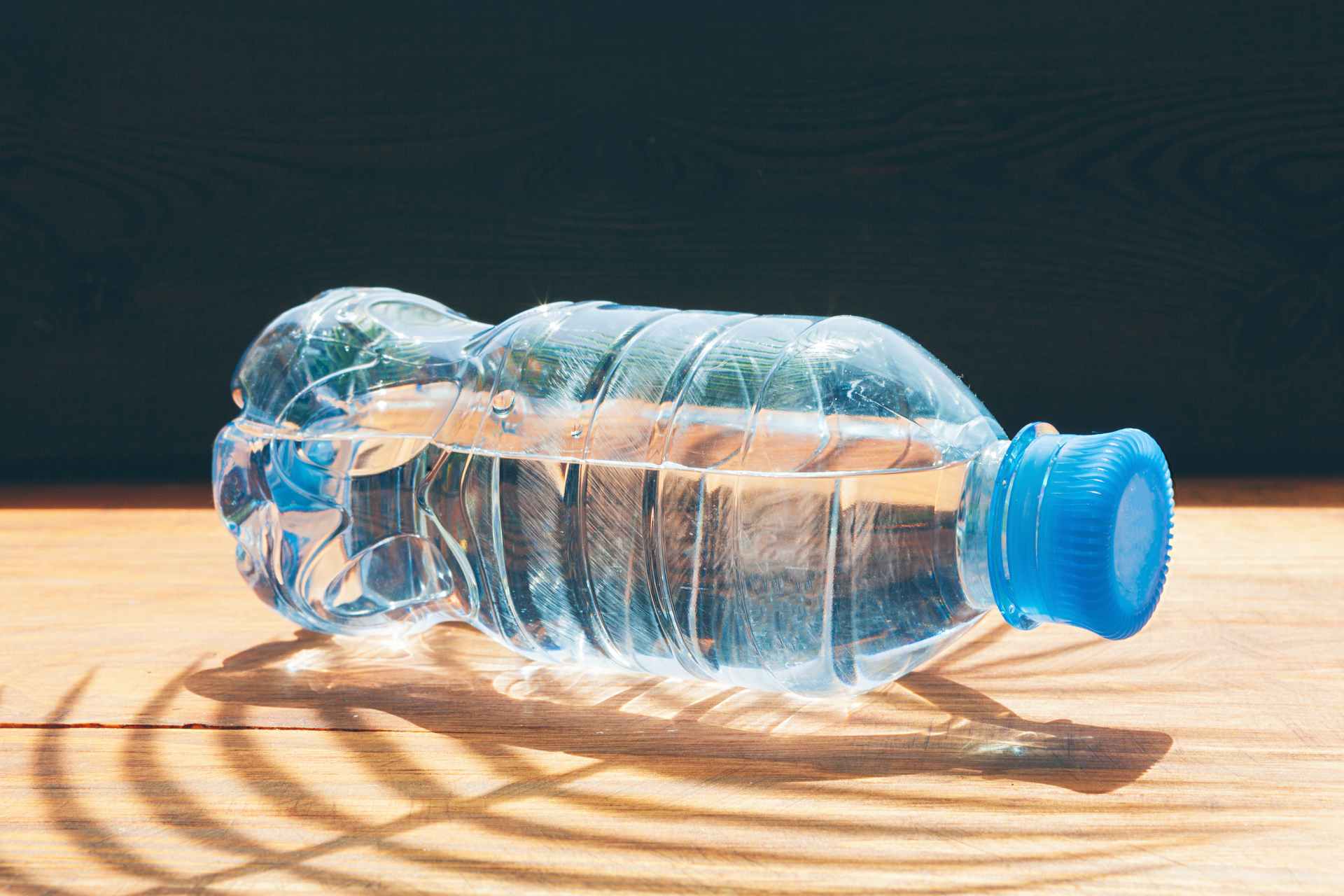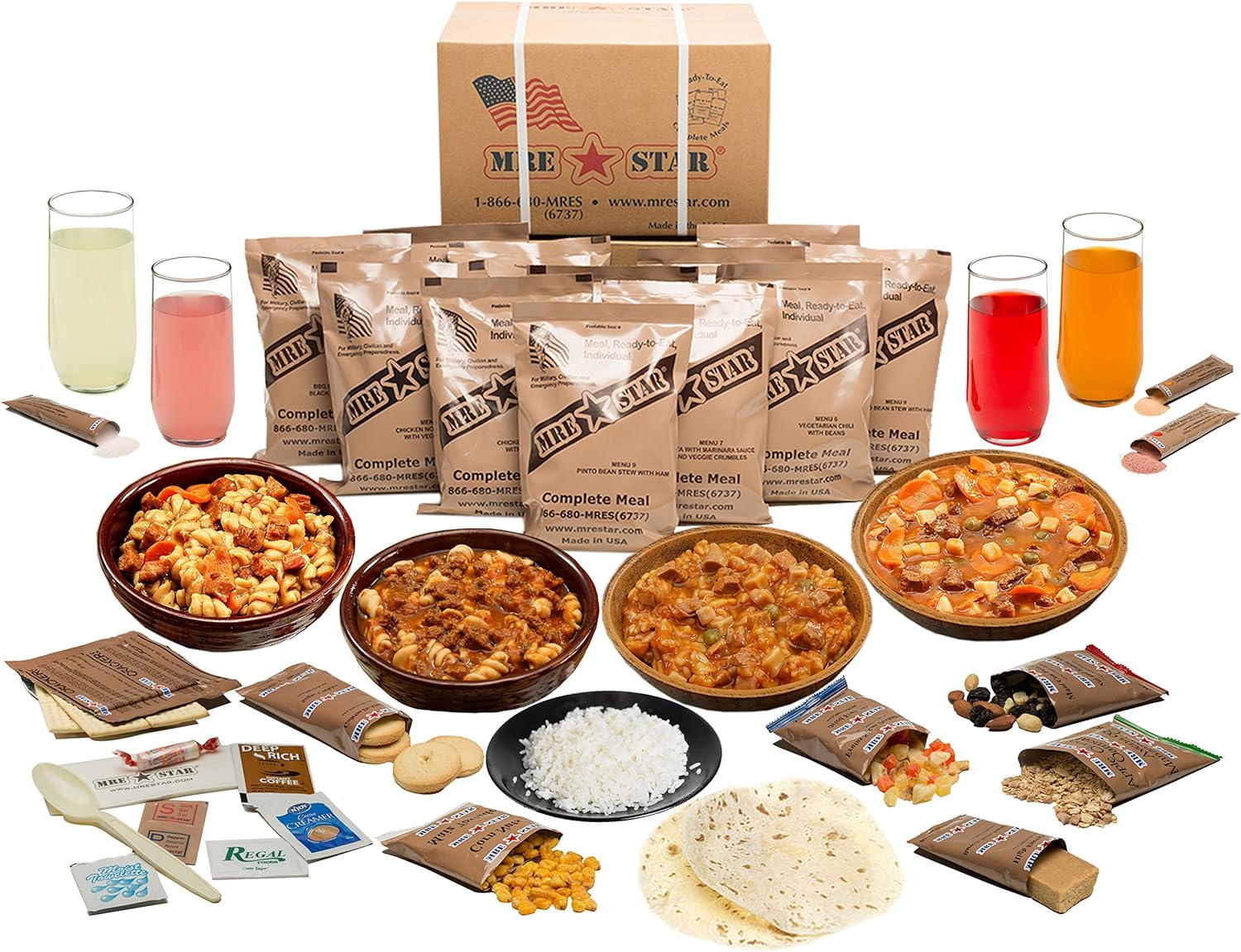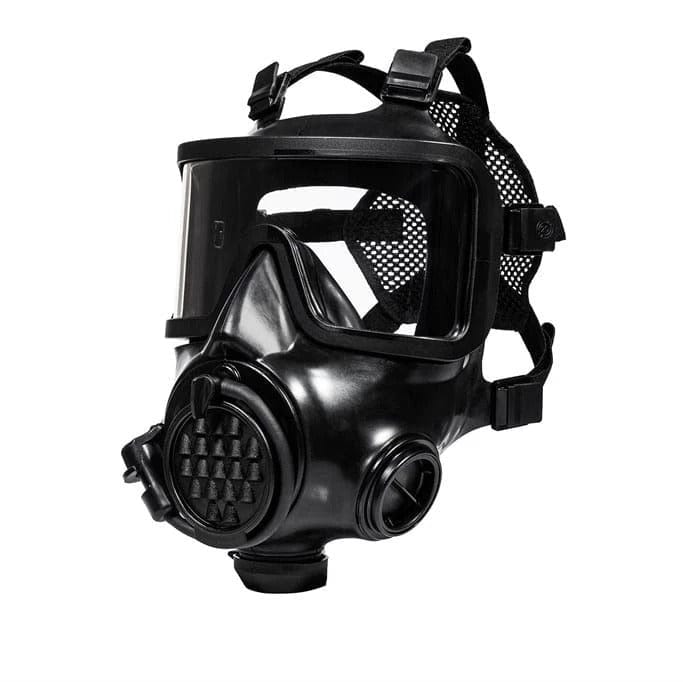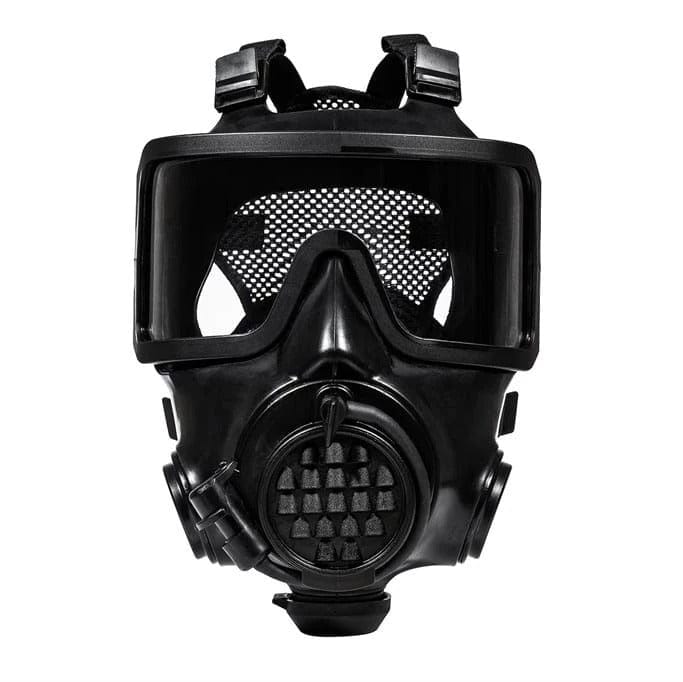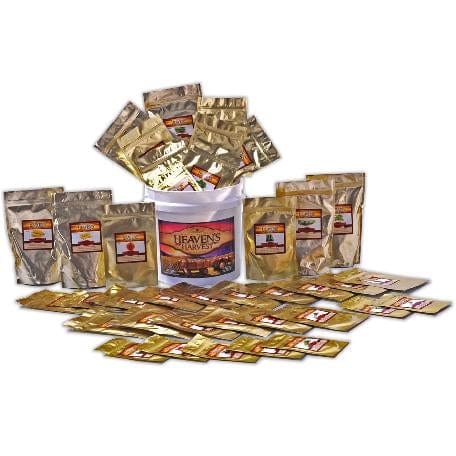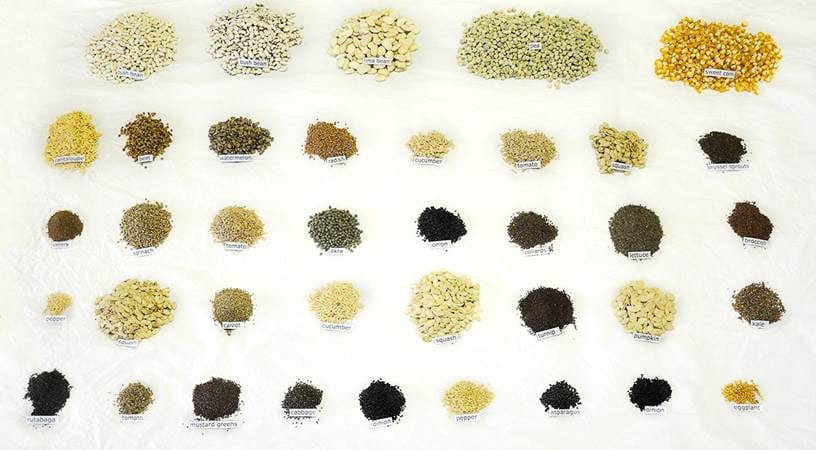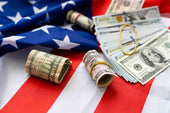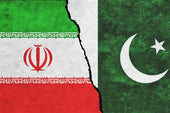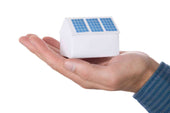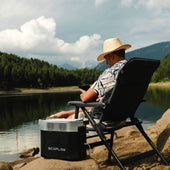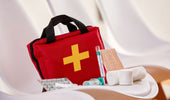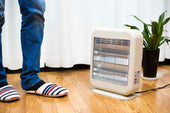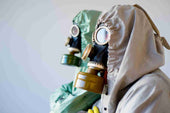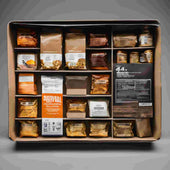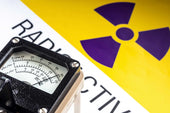Bottled water is drinking water stored in PET (Polyethylene Terephthalate) bottles. It is available in various sizes and can be either carbonated or not.
Some common water bottles include Artesian, fluorinated, mineral, groundwater, purified, sparkling, sterile, well, and spring water.
Over the years, bottled water sales have dramatically increased. According to Beverage Marketing Corporation, in 2008, water bottle sales in the United States reached around 30 billion bottles.
This article will discuss the history and benefits of water bottles. We'll also discuss how long a water bottle lasts, tips for choosing the right product, and a storage procedure to prolong its life.
History of Bottled Water

The concept of bottled water was part of the earliest human civilizations. However, bottling the water began in the Holy Well, the United Kingdom, in 1621.
Meanwhile, the demand for water bottles started with increasing numbers of people in the spa, such as the Americans and Europeans in the 17th and 18th centuries.
In 1767, Jackson's Spa sold the first commercial bottled water in Boston, United States. People believed the water came from mineral springs and contained therapeutic benefits that could help them treat their illnesses.
Years after, carbonated water was developed to approximate the natural enthusiasm of the spring water first sold in the market. 1809 Joseph Hawkins got the 'imitation' mineral water U.S. patent.
In the 19th century, bottled water was produced on a large scale due to decreased cost and improved production speed. Thus, bottled water grew in popularity.
Many households have seen bottled water safer than water rationed by municipal water since it is mainly contaminated with typhoid and cholera.
In the middle of the 19th century, Saratoga Springs was considered one of the United States' well-known bottlers, producing about 7 million water bottles each year.
However, in the 20th century, the demand for water bottles decreased with the water chlorination technique.
There is widespread prevention of water-borne diseases in municipal water supplies and even inside the home. Meanwhile, bottled water continued to spread in cafes and groceries, especially in Europe.
Today, bottled water is one of the most popular beverages in the United States and other parts of the world.
Benefits of using Bottled Waters

Convenient Water
One of the main reasons people choose bottled water is its convenience. You can easily toss it in your car or bag when traveling in the mountains. You can hold it, take it anywhere, and be prepared when clean drinking water is unavailable.
People drink sodas and sugary juices without bottled water to quench their thirst. Indeed, bottled water is the best option for staying hydrated anywhere.
Clean and Safe Drinking Water
The U.S. Food and Drug Administration regulates bottled water production in the United States, so you can be sure it is clean and contains zero contaminants.
The Environmental Protection Agency in the U.S. also regulates the tap water in your home. However, clean tap water is not always available for everybody. This is especially true during disasters when the water lines become disrupted and the plants are offline.
This can cause the water supply in your home to become contaminated and unsafe for consumption. Thus, the best option for you and your family is to use bottled water.
Hydration at all times
Other benefits of bottled water include hydration at all times. Research has found that a drop in body fluids can lead to poor physical and mental performance of about 30% for adults and children.
If you carry fresh drinking water with you and have some sips whenever you are thirsty, surely you'll be likely to perform whatever tasks you have at your best!
Individual Water Consumption Increases
Some people prefer to drink bottled water because it is accessible in all grocery stores, plus it is straightforward to carry. Instead of spending some time refilling a reusable bottle throughout the day, there are bottled waters that can provide easy access to water at any time of the day.
In addition, some people say that their water consumption increases through bottled water. This is better than buying sugary beverages like iced tea, soda, and juices.
Bottled water has a Good Taste.
Other consumers prefer to drink bottled water because it has a better taste than tap water. Some manufacturers enhance the quality of their products by adding a flavoring agent.
Thus, flavored bottled water with fruity and tropical flavors encourages people to drink water instead of juices, teas, coffees, or sodas.
The FDA also regulates these products to monitor their quality and health purposes. However, not all flavored bottled water is free of calories, for these are commonly made from sugar.
To check if the water contains sugar, always check the ingredients listed on the product's packaging.
It has Electrolytes and other Nutrients Needed by the body
Aside from the taste and fruity/ tropical flavor, bottled waters also contain electrolytes and other nutrients the body needs. Electrolytes like sodium and potassium are now available in some water bottles.
Some manufacturers also add Vitamins B and E to it. Drinking water with electrolytes is beneficial, especially after an intense workout, especially for long hours of exercise.
This drink is also popular as a sports drink, which can help replenish the electrolytes and minerals lost in the body after perspiration.
However, the American College of Sports Medicine warns athletes and gym-goers that every drink must contain no more than 8% of the carbohydrate concentration. With this, one can stabilize and maintain the levels of blood glucose.
How Long Does Bottled Water Last?
Opened Bottled Water
After opening sealed bottled water, it can only last for 4 to 8 hours, depending on the environment and condition that you are currently in.
If you open it, the bacteria can multiply inside as time passes and alter the taste of the water. If you drink directly in the water bottle, the germs from your mouth can transfer to the bottle, resulting in a different taste in the long run.
Thus, if you wish to make it last longer, be sure not to drink directly from the mouth of the bottle. If you put it in a cold and dark place, then it will not spoil.
However, drink it within 4 to 5 hours if exposed to harsh sunlight. Indeed, the shelf life of bottled water depends on how you use it. Some people can enjoy the water even a few days after opening it, while others only require a few hours.
You can try techniques to ensure the bottled water lasts a little longer. This is especially helpful when you travel outdoors. One important tip is to always ensure that the water bottle caps are closed tightly.
If you think the water contains algae or parasites, don't drink it. If you need water and don't have a source, you can boil it.
Unopened Bottle Water
Bottling water companies label their products with a shelf life of 1 to 2 years only. Thus, bottled water is safe to drink within this period. However, according to NSF International, Water does not go bad or become stale.
You can drink from a clean water bottle indefinitely if you store a clean water bottle correctly. The United States Food and Drug Administration (FDA) emphasizes that water bottles have no expiration date.
Meanwhile, the guidelines for good water manufacturing state that water processing and storage must be conducted under clean conditions, free of water-borne contaminants and bacteria.
In addition, the water must be tested for quality and safety. If the companies follow these guidelines, they can pack the water without indicating the expiration date.
But why would the companies still put an expiration date on the bottles? They indicate the expiration date to indicate when it is best to consume the product.
Drinking water after the expiration date is not unsafe. However, it may taste different and become unappealing to consumers.
FDA regulates the Water Bottles
The FDA regulates the water bottling industry just as it does any other normal packaged food. It scrutinizes the water, labels, and packaging materials used in the product.
Water bottles are made from PET plastic, polycarbonate plastic, and high-density polyethylene. Its varieties are aluminum and glass, although they are less common.
Nowadays, our water bottles are 100% recyclable PET plastic bottles. If the water is beyond its expiration date, the plastic material may start leaching into it, altering its taste.
Currently, the government is investigating if the BPA or Bisphenol A in the bottle can cause cardiovascular diseases and even cancer.
How to Choose the Right Bottled Water
Aside from checking the shelf life of the bottled water, there are other considerations to determine if it is safe for drinking:
Look For Water That Has Been Purified
If you have a weak immune system, choose parasite-free or Cryptosporidium-free water. The parasite can cause only mild disease in healthy people.
Meanwhile, it could be fatal for those with a weak immune system. Thus, always opt for water that has undergone distillation, filtration using a 1-micron filter, and reverse osmosis.
Opt for Water with Certification From NSF Or IBWA
You could opt for products from manufacturers that follow best practices. Check if they are certified by the International Bottled Water Association (IBWA) or the National Sanitation Foundation (NSF) International.
These organizations regularly check the quality of the water bottles they produce in the market.
Storing the Water Bottles
The water manufacturer may deliver contaminant-free bottled waters made from proper materials, store them accordingly, and ship them properly. Now, you must store it correctly to make it fresh and safe for drinking to make it last on its shelf life or longer.
The sun's heat can make the chemicals in the bottle react to the water and make it toxic. Store the water bottles in a clean place, just like in your pantry. Do it just as how you store other types of food in your house.
Avoid putting it near chemicals, cleaning detergents, paints, gasoline, or other things with strong fumes. After opening a water bottle, store it in the chiller. If you are out on the road, place the water bottles in the cooler or ice packs to make them last longer.
Bacteria will not grow inside the bottle, especially if the temperature is low. In addition, the plastic won't leach if the bottle is cold.
Finally, ensure the outer portion of the bottles is free of dirt or germs, as you might accidentally drink it. Thus, clean the bottles occasionally by wiping them with a clean cloth.
Conclusion: The Hype Behind Bottled Water

Water is good for the body, but life must survive. Nowadays, there is a great demand for bottled water, making people believe it is healthier than tap water or any other beverage.
The bottom line is that water is important regardless of its origin. It is safe and good for drinking as long as it is clean. Studies, such as the one by the Centers for Disease Control and Prevention, have shown that bottled water is not immune to contamination.
If the products are not stored properly, the water may become contaminated, leading to digestive tract illnesses, cardiovascular and neurological disorders, and other conditions.
However, there are techniques for ensuring that your bottled water lasts safely and long. Always remember to store it in a cool, dry place at home.

